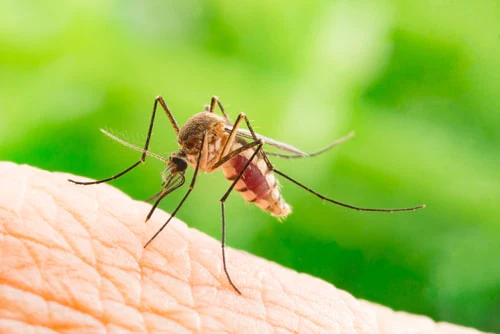Around this time of year, we are in a battle with mosquitos. They invade our homes, our yards and our outdoor activities, and we often use sprays to try to get rid of them. You may not have even wondered if those insecticides are safe to use.
In most mosquito sprays, the active ingredient is a chemical known as Deet. Now, this is a very effective insecticide, and it kills mosquitos quickly and efficiently, but it could also be harmful for humans.
Some scientific studies have shown that Deet could damage the nerves of those who use it. There is ongoing research into how it may affect humans, but we already know that they can cause more problems than they are worth.
A recent study that was conducted at a university in Montpellier showed that Deet actually blocks the actions of certain enzymes within the nervous system and modifies behaviour.
This chemical is used by more than 200 million people around the world, and more than eight billion doses of the spray have been used since it was first introduced. As we are seeing more information come in about its effects on humans, particularly children, it becomes clearer than ever that it is best to avoid using this chemical whenever possible.
The solution to the mosquito problem is to switch over to organic sprays. These make use of natural ingredients that are safe for users and safe for the environment but still tough on pests. You can get rid of the mosquitos without suffering the neurotoxicity side effects.
It’s time to deal with mosquitos in safer way and protect yourself and your children.



